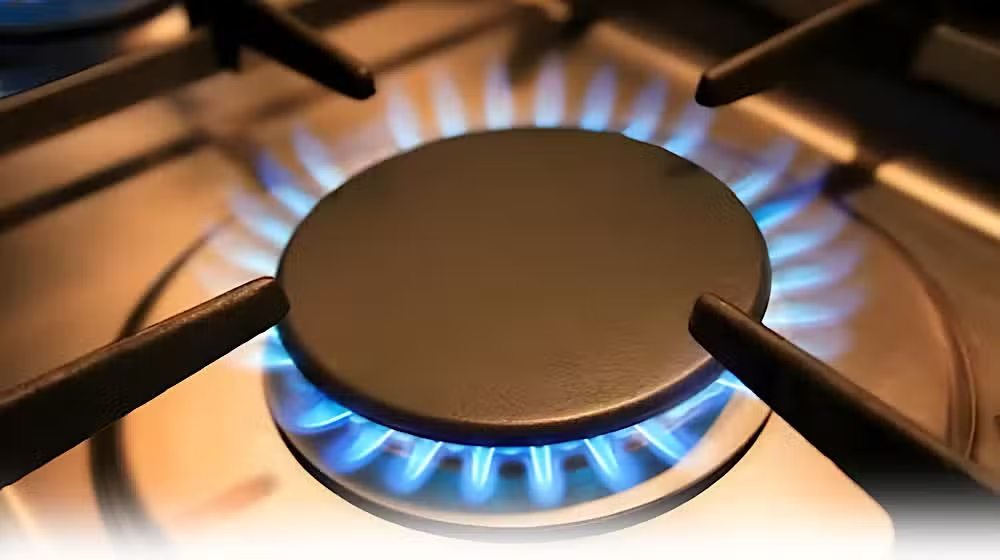
Government Approves Gas Price Hike for 2025: Implications and Industry Reactions
In a significant move to address the financial challenges of the gas sector, the Government of Pakistan has approved an upward revision in gas tariffs for certain industrial consumers, effective from February 1, 2025. This decision, made by the Economic Coordination Committee (ECC) of the Cabinet, aims to generate necessary revenue for the gas sector during the fiscal year 2024-25.
Details of the Gas Price Revision
The approved increase pertains specifically to Captive Power Plants (CPPs), which are industrial units generating their own electricity using gas. The gas tariff for these plants has been raised from Rs 3,000 per million British thermal units (MMBtu) to Rs 3,500/MMBtu. This adjustment is expected to contribute significantly to the revenue requirements of the gas sector. However, the ECC has decided not to implement any increase in gas tariffs for domestic consumers, aiming to shield them from additional financial burdens .
Rationale Behind the Decision
The primary objective of this tariff adjustment is to address the circular debt issue within the gas sector, which has been a persistent challenge. By increasing the tariffs for industrial consumers, the government anticipates a substantial inflow of revenue, which can be utilized to clear outstanding dues and stabilize the sector’s finances .
Furthermore, the decision aligns with commitments made to international financial institutions, such as the International Monetary Fund (IMF), which has emphasized the need for cost-reflective pricing in the energy sector. The revised tariffs are expected to enhance the financial viability of the gas sector and reduce reliance on subsidies.
Impact on the Textile Industry
The textile sector, a significant contributor to Pakistan’s exports, has expressed concerns regarding the increased gas tariffs for CPPs. Industry representatives argue that the higher energy costs will adversely affect the competitiveness of Pakistani textiles in the global market. They emphasize that energy expenses constitute a substantial portion of production costs, and any increase could lead to reduced profit margins and potential loss of market share .
In response, the government has been urged to reconsider the tariff hike for CPPs or provide alternative support mechanisms to mitigate the impact on the textile industry. Stakeholders advocate for policies that balance the financial health of the gas sector with the sustainability of export-oriented industries.
Government’s Measures to Protect Domestic Consumers
To alleviate the impact on residential consumers, the government has decided to utilize Rs 82 billion from the profits of Sui gas companies. This amount will be allocated to offset the potential increase in gaas tariffs for domestic users, ensuring that they are not subjected to higher costs during the current fiscal year .
Additionally, the Petroleum Division has been instructed to implement a grid transition levy on CPPs to enhance energy sector efficiency. This measure aims to encourage the integration of industrial power generation into the national grid, potentially leading to more efficient energy use and reduced costs .
Conclusion
The government’s decision to approve a gas price hike for certain industrial consumers reflects a strategic approach to addressing the financial challenges of the gaas sector. While the immediate impact on domestic consumers has been mitigated, the concerns of the textile industry highlight the need for a balanced approach that considers the interests of all stakeholders. Moving forward, it will be crucial for the government to engage in dialogue with industry representatives to develop policies that ensure the sustainability of both the energy and industrial sectors.
As Pakistan navigates these complex economic challenges, the implementation of transparent and equitable energy policies will be essential in fostering long-term growth and stability.







